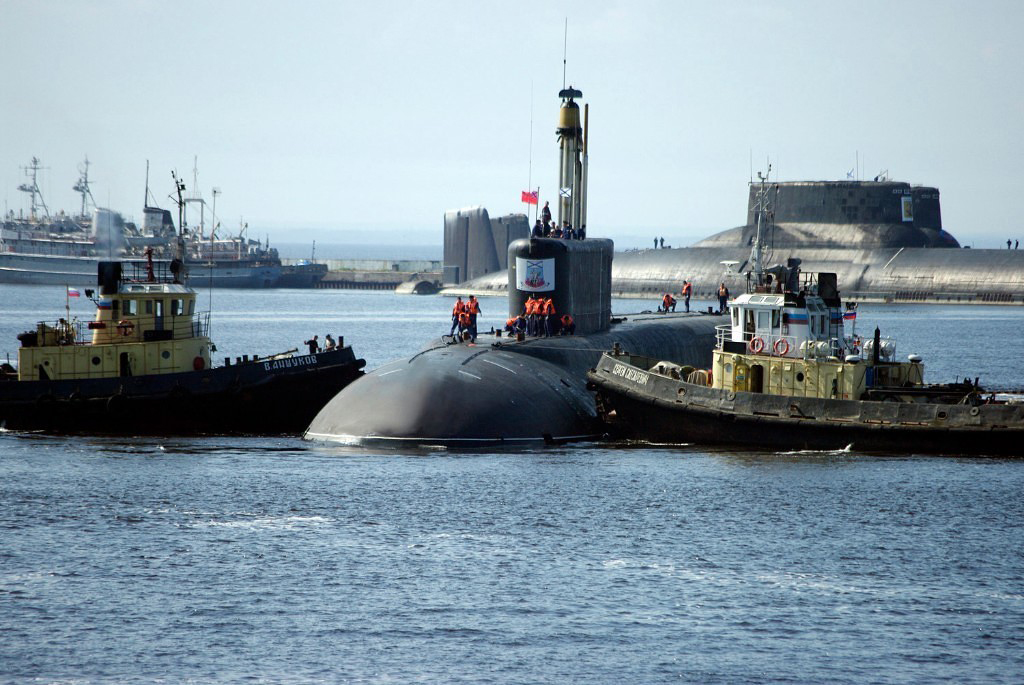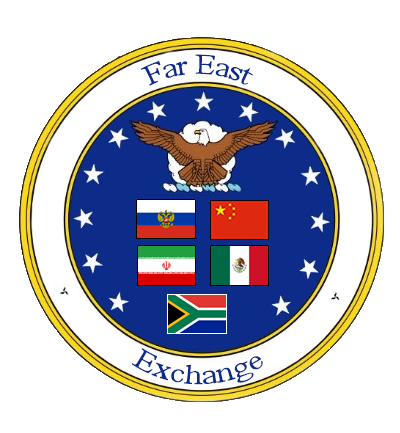

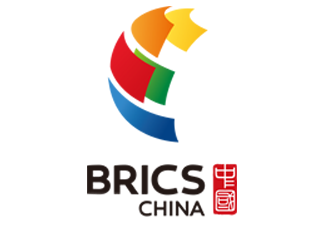




Special Assignment |
Limited Edition

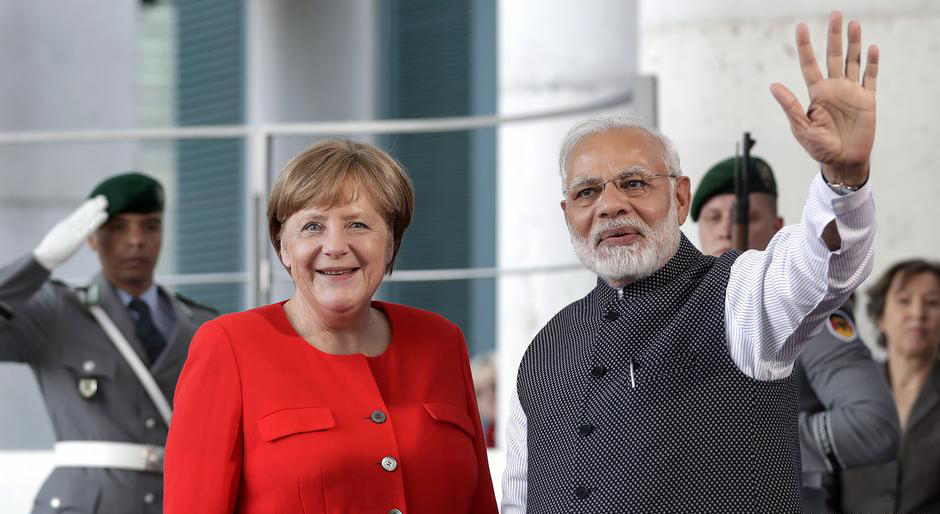
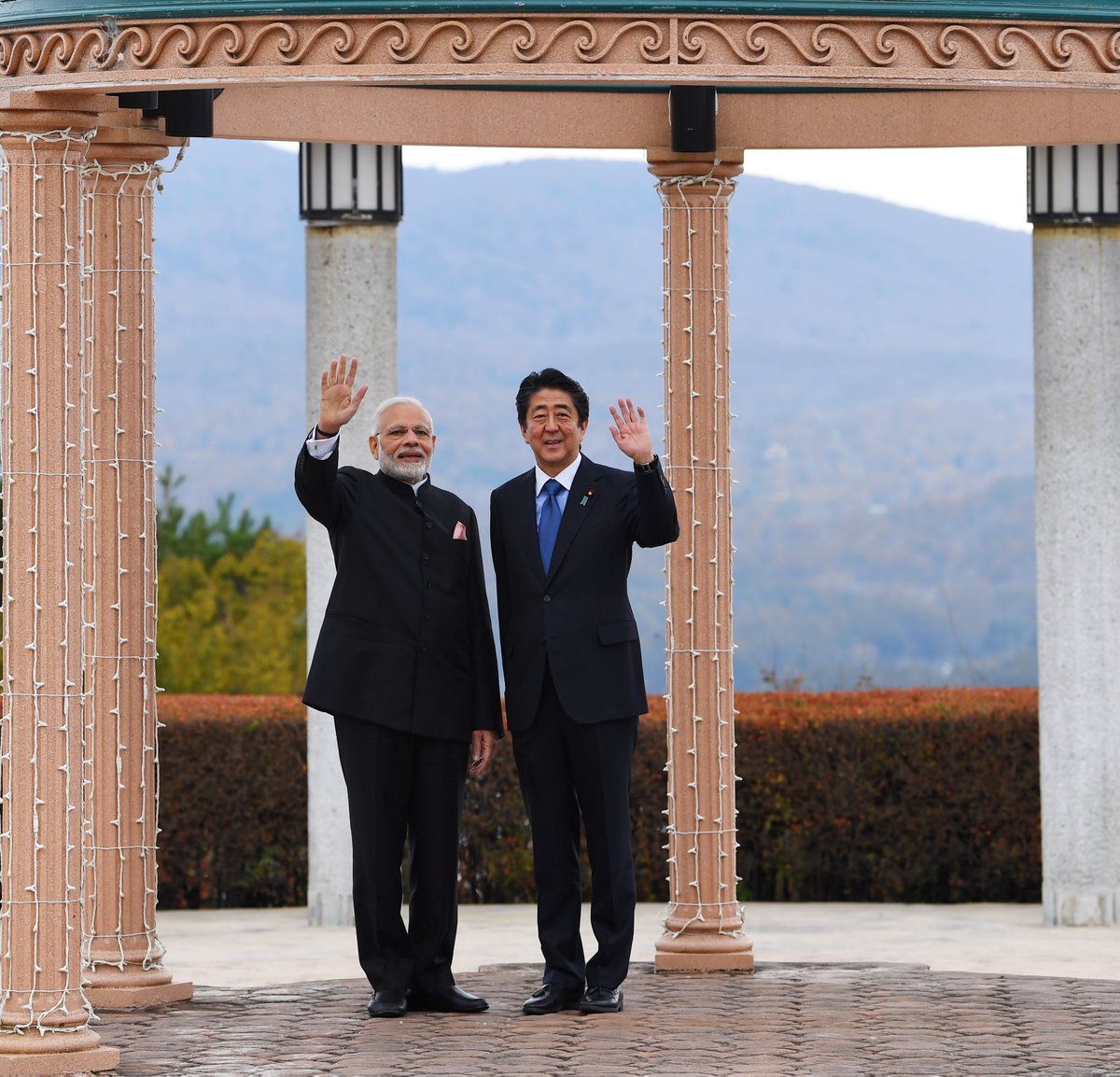
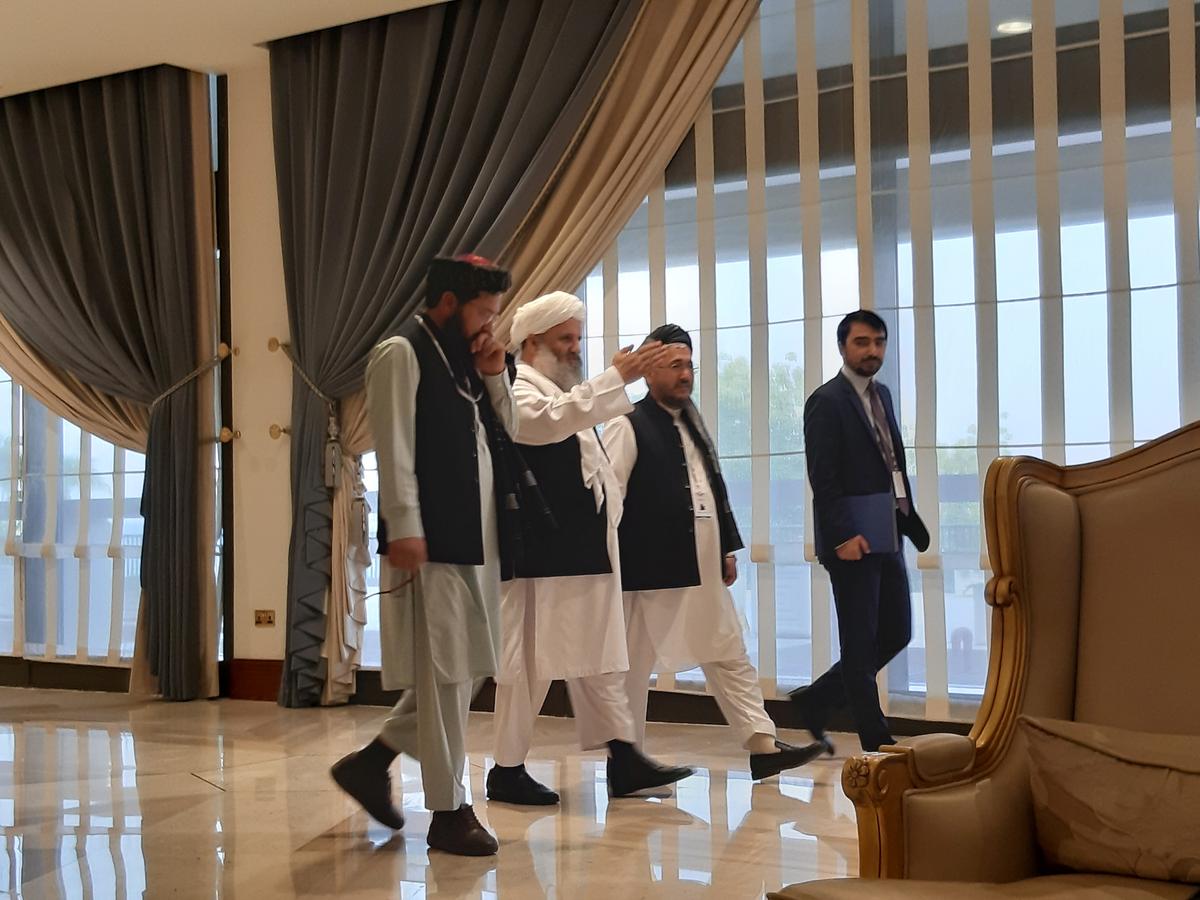
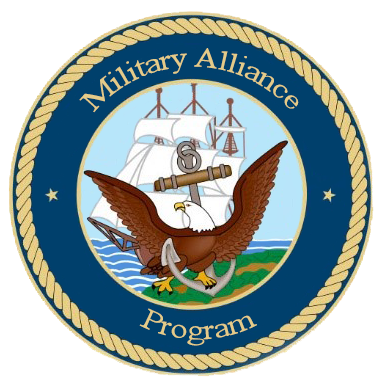
 November Ticks
November Ticks 
"Triggering Transparency"

 |
"US attempts to salvage the European Order with new Oceania based military coalition" |
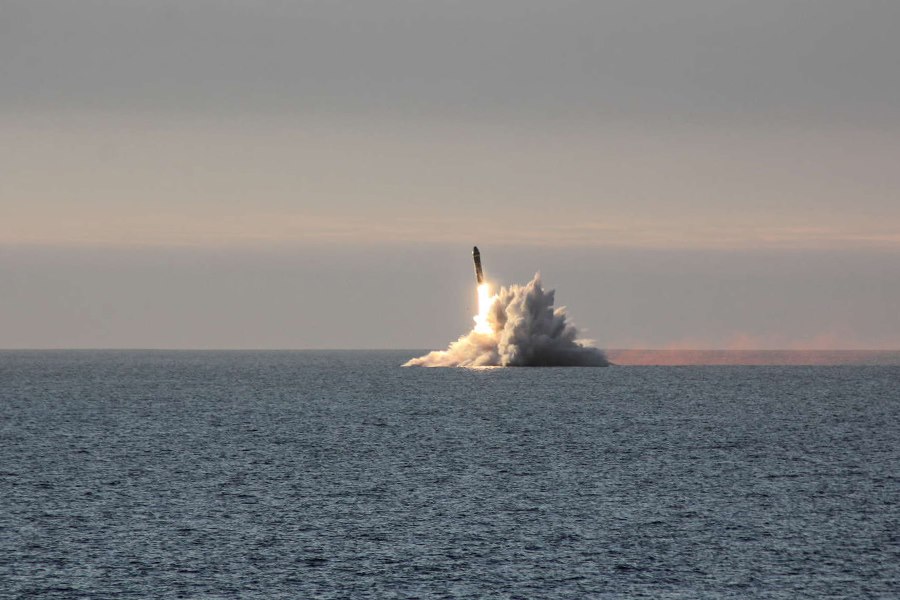 |
 The Bottom Line
The Bottom Line 
 |
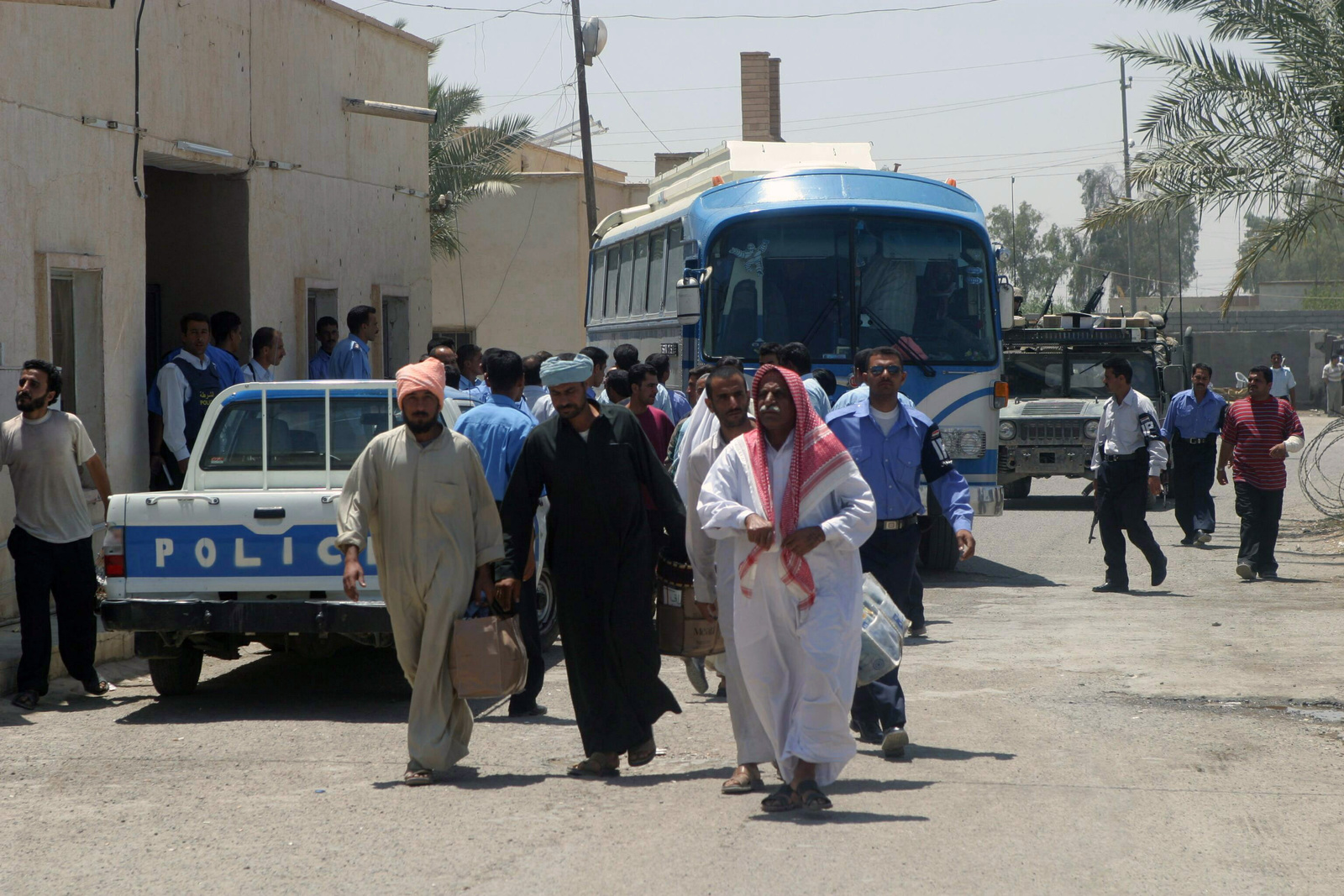 |
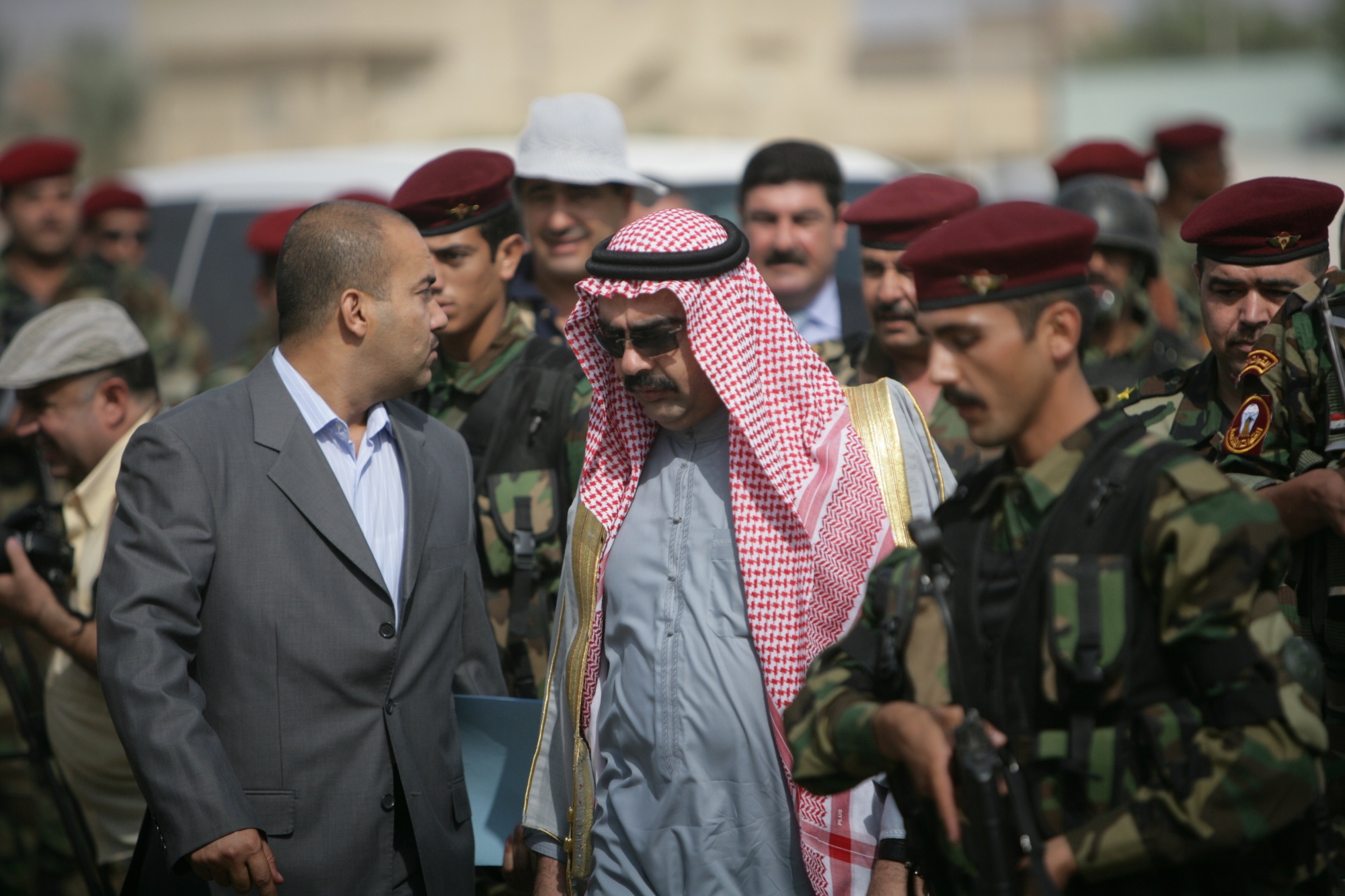 |
 |
 |
Strike Zone
|
|
 |
|
 New START Treaty Impacts the Global Economy
New START Treaty Impacts the Global Economy 
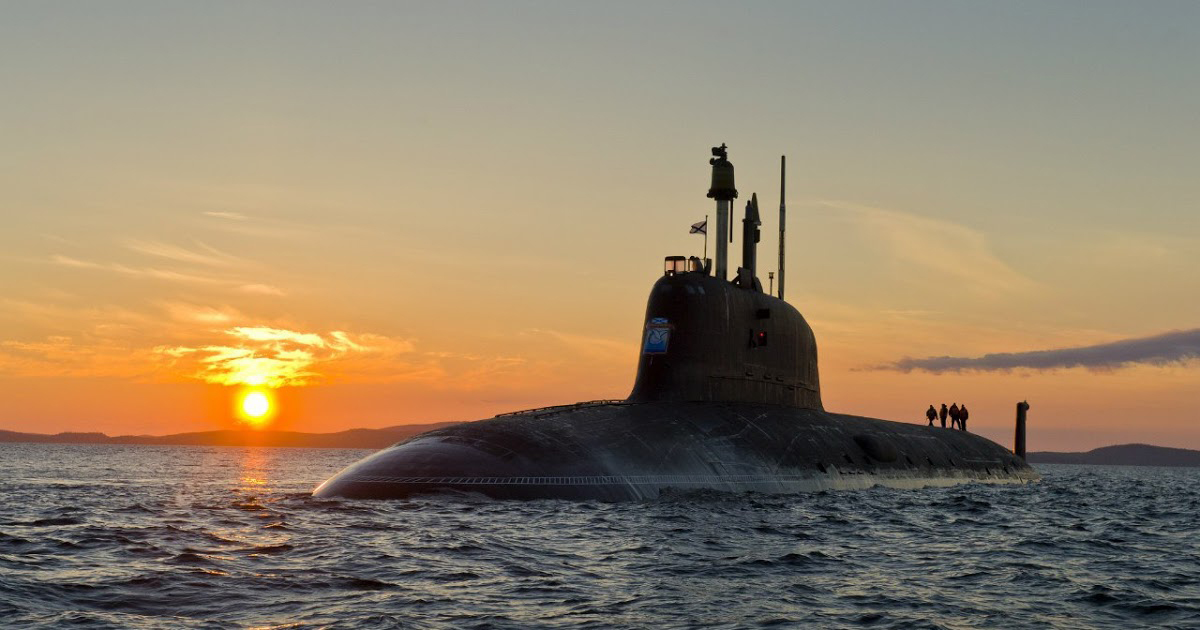
10.08.2020
01:27 PST
SF Bay Area, CA – Viciously, the US trade war with China and economic sanctions against Russia, Iran, Venezuela and Turkey reflect a major economic shift in the near future. Silently, issues with the global money supply is rooting out a new START treaty between Russia and the US which hold the world's biggest nuclear stockpile. Meanwhile, the cost of reserving US dollars for the Central Bank of China has become a military threat to the nation from the South China Sea. Insistently, China has reinforced its domestic economic road map which includes a maritime code of conduct to expand its One China policy. Moreover, the global money supply is becoming heavily mixed with the gold-backed yuan. Economically, the impact of a slowdown from China over the US trade war initiates new trade policies in Hong Kong which include abandoning its dollar-pegged currency. Furthermore, the global money supply is shifting away from the US dollar as economic sanctions against Russia are overshadowed with a new international payment system in both Russia and China. Primarily, economic tensions are deteriorating the possibility for a new START treaty which is designed to alleviate trade and nuclear pressure.
Militarily, Russia is expanding development of its air-defense systems to include low altitude targets with satellite communication. Effectively, the profound readiness of the Russian military to surpass the limits within the START treaty weighs on its looming deadline. Globally, economic tensions are generating pressure against the dollar which forwards more attention on the ruble.
 Stay tune for... Radio News with China
Stay tune for... Radio News with China 
Observantly, the US Pacific naval fleet (based on Pearl Harbor, Hawaii) is mimicking its Baltic build-up against Russia to include surveillance and threats to China. Recently, the National Defense Control Center in Russia stated, "Three Su-35S fighters from the Eastern Military District’s air defense quick reaction alert forces were scrambled one by one to intercept the target, which they identified as a US Air Force B-1B strategic bomber and consistently shadowed it over the Sea of Okhotsk." Significantly, the looming deadline for a new START treaty directs the use of force against persistent US threats to the global economy.
[Top]

 |
"US attempts to salvage the European Order with new Oceania based military coalition" |
 |
 Rules of Engagement
Rules of Engagement 
 |
 |
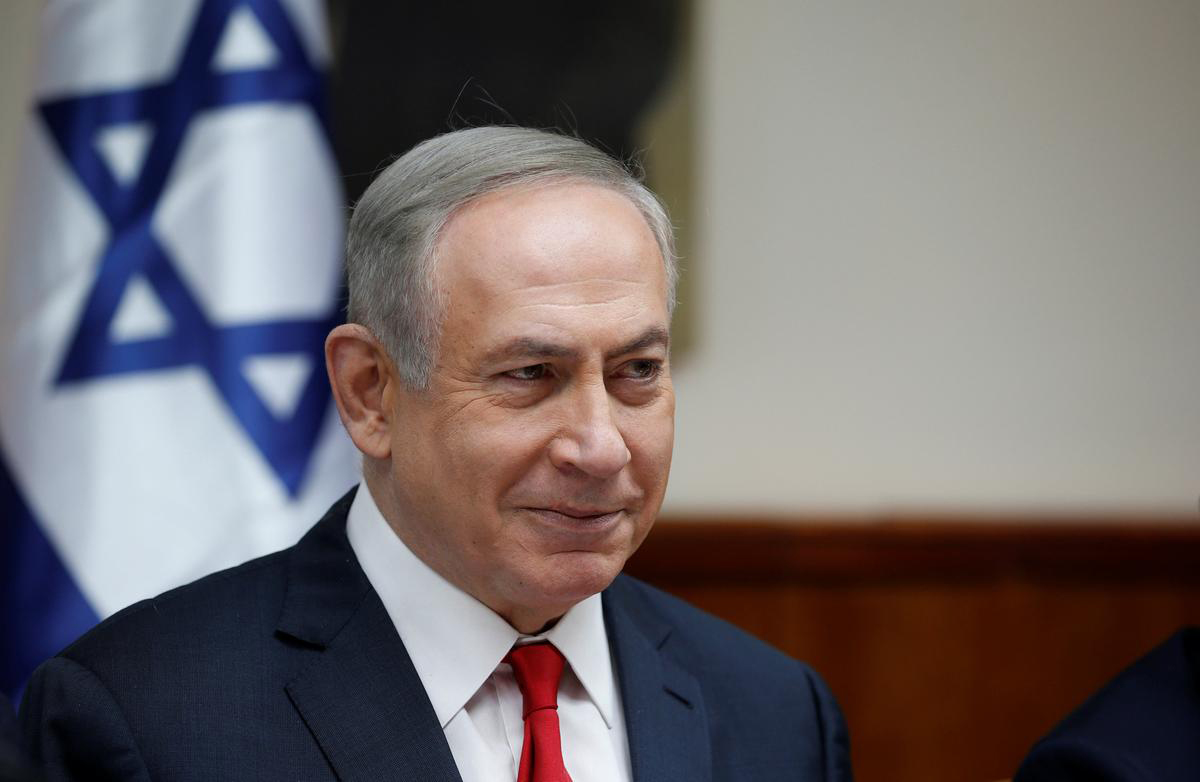 |
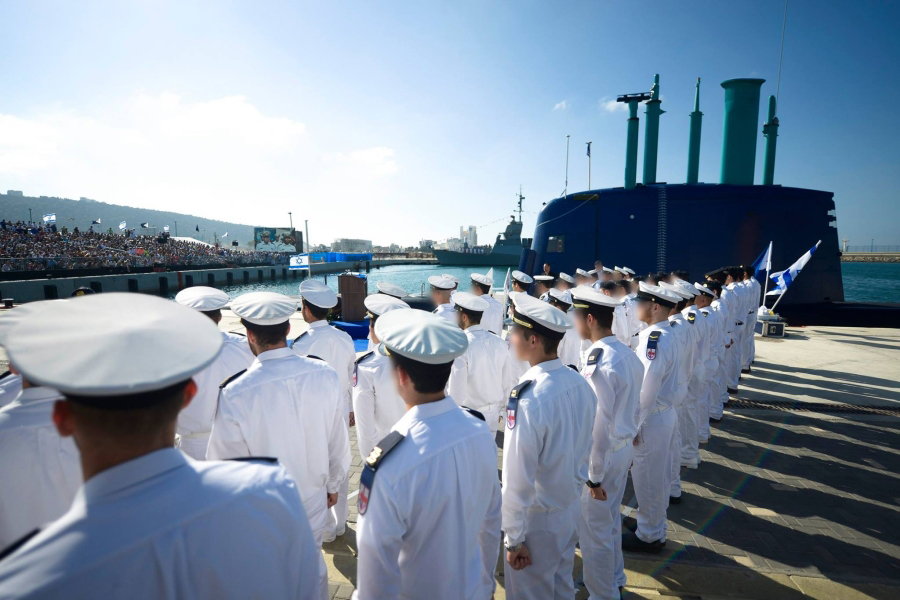 |
 |
At the Border
|
|
 |
|
 Revamping the Panama Canal from Mexico
Revamping the Panama Canal from Mexico 
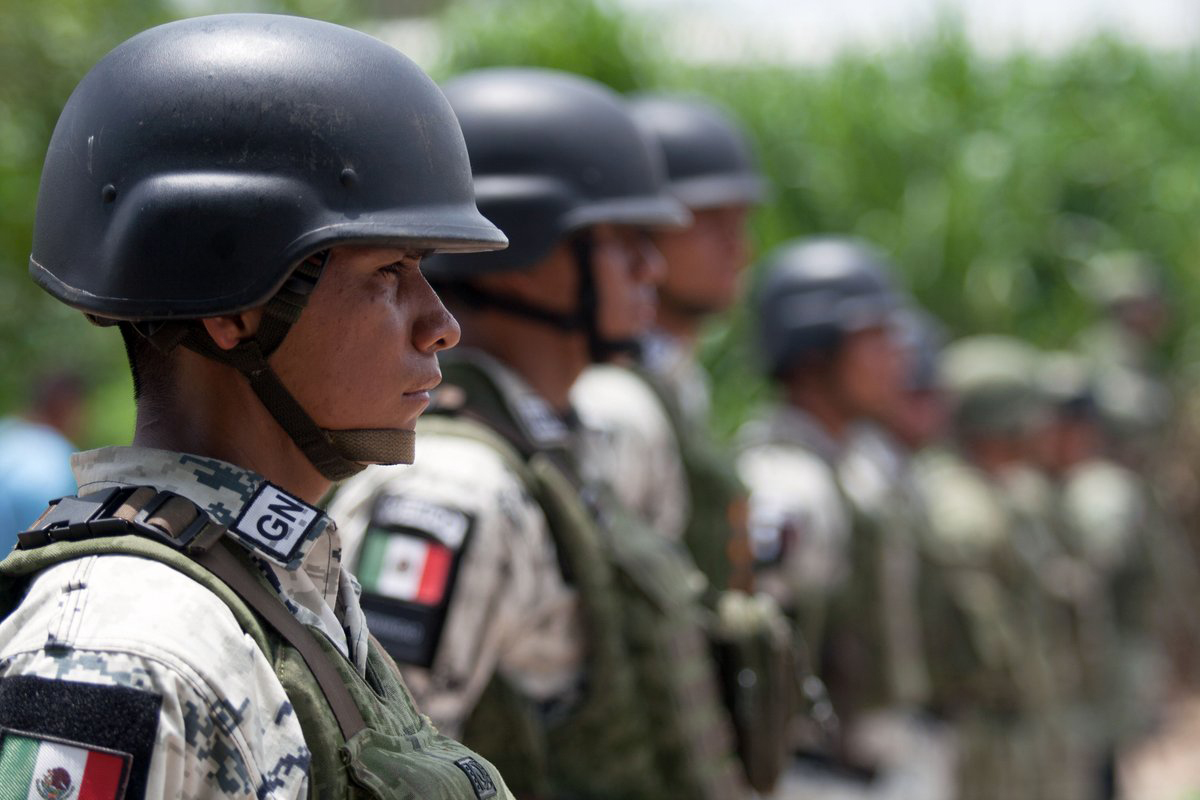
11.08.2020
22:33 PST
SF Bay Area, CA – Freely, the US-Mexico border has drifted into the headlines from the war on drugs which has left the US Department of Homeland Security ditched. Economically, the US Treasury Department is also in the limelight as the pace of mature bonds outpace recovery from the COVID-19 pandemic. Militarily, the war on drugs in Mexico opens the economic wounds left behind US President Donald Trump's enforcement of trade embargoes. Hence, the Gulf of Mexico is becoming the origins for a revamped Panama Canal as Mexico's navy raises the red flag against the US Department of Homeland Security over the US-Mexico border.
Impressively, the Gulf of Mexico is selected as a premium zone for integrated strategic development on the Kupol space system with Russia. Specifically, Russia is scheduled to finish the first stage modernization of newer radars for its advanced missile defense systems this year. Likewise, integration with the Kupol space system from the Gulf of Mexico reinforces the security gap from the war on drugs at the US-Mexico border.
 Stay tune for... Radio News with China
Stay tune for... Radio News with China 
Diligently, Russia's CEO Pavel Laptayev of RTI Joint Stock Company (which will deliver the upgrades) stated, "We are currently working on a project that lays out the existing radar stations’ upgrade logic. This project will be finished in 2020, and then we will get down to the research and development stage to compile the evidential base, and formulate technical solutions for each station upgrade separately." Markedly, revamping the Panama Canal with integration of the Kupol space system is a major stride towards economic stabilization on the Gulf of Mexico.
[Top]

 |
"US attempts to salvage the European Order with new Oceania based military coalition" |
 |
 Opium Pandemic
Opium Pandemic 
 |
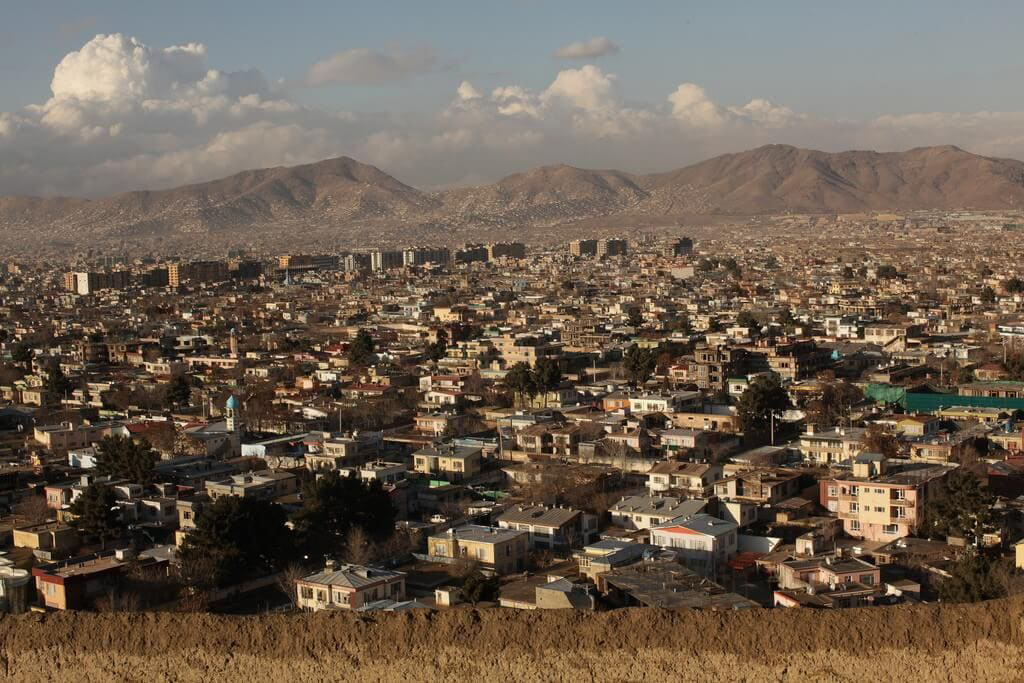 |
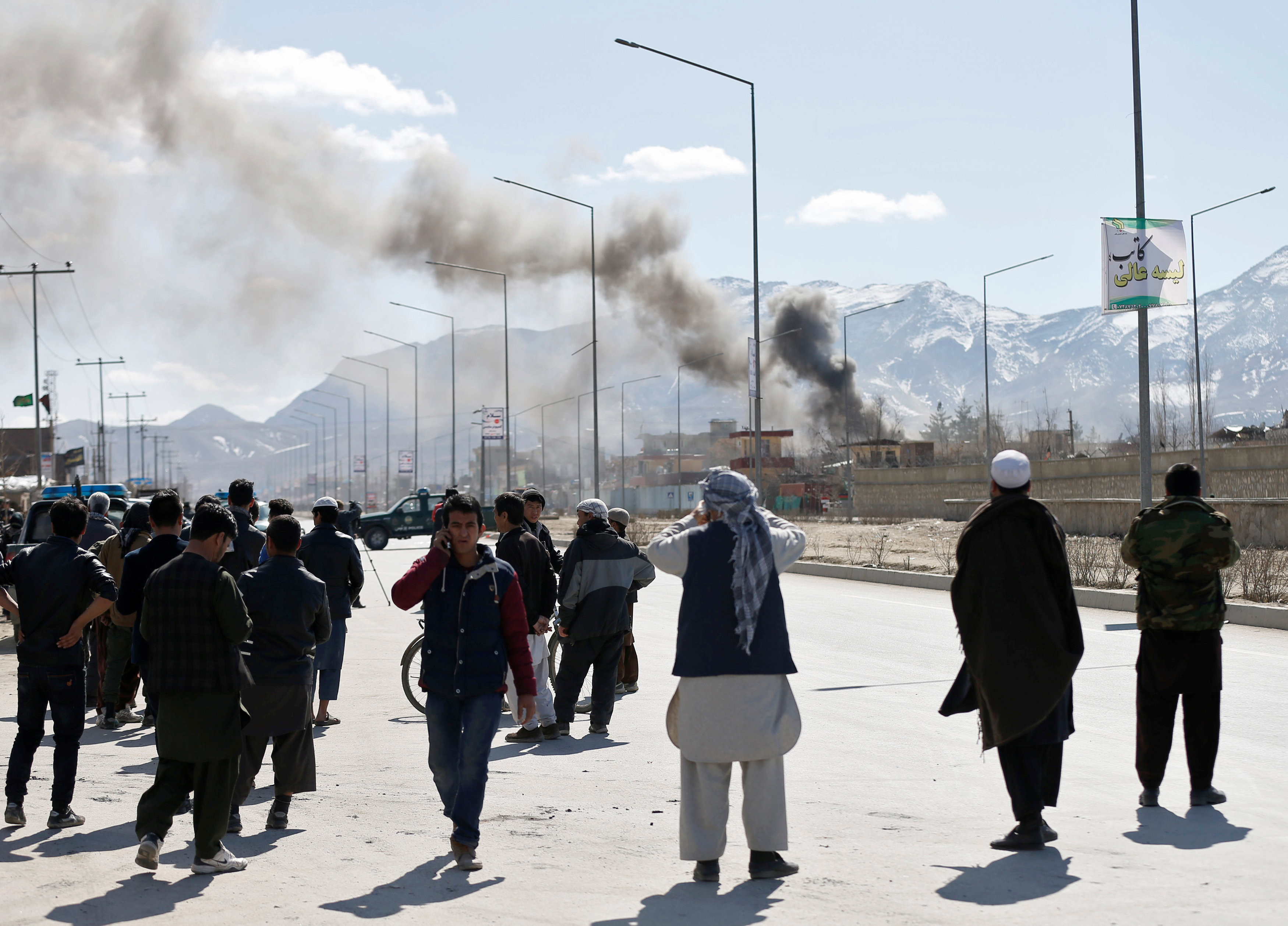 |
 |
 |
Zionist Imperialism
|
|
 |
|
 Pakistan Infiltrates War on Terror
Pakistan Infiltrates War on Terror 
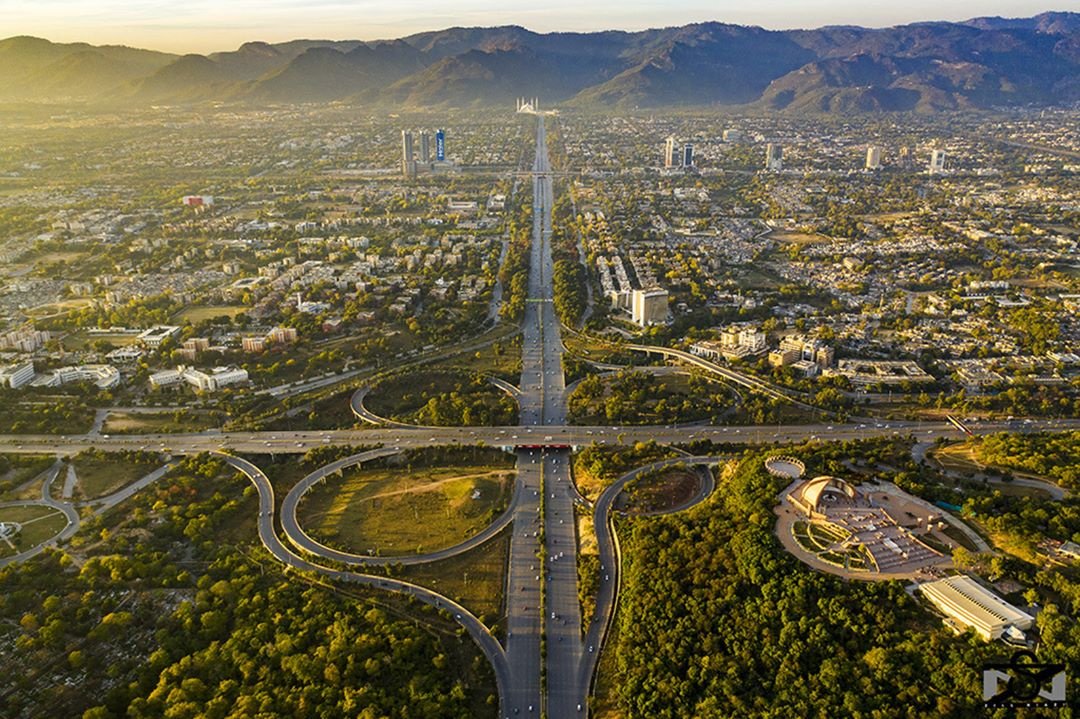
08.12.2020
05:42 PST
SF Bay Area, CA – Noticeably, Pakistan has utilized insurgency tactics with the US in the War on Terror since the 9/11 attacks which led to Osama Bin Laden's capture among several high-profile assassinations. Effectively, the US military coalition in the Middle East which remains intact takes a secondary role to Pakistan's regional ambitions. Appropriately, Pakistan is supporting Intra-Afghan talks as trade barriers subside with reaching a peace agreement. Recently, Pakistan's Ministry of Affairs mentioned, "Pakistan will continue to support Intra-Afghan Negotiations, culminating in an inclusive, broad-based and comprehensive political solution paving the way for a peaceful, stable and prosperous Afghanistan."
Implicitly, Belgium has decided to withdraw its troops from Afghanistan as the peace process includes regional expansion in Pakistan. Likewise, the US is reducing its troops in Afghanistan which undermines NATO's presence in the nation.
DETAILS TO FOLLOW
 COVID-19 Festers War Torn Middle East
COVID-19 Festers War Torn Middle East 

08.12.2020
06:23 PST
SF Bay Area, CA – Economically, the COVID-19 pandemic has reduced the ability to provide and deliver humanitary aid to separated and displaced individuals in war torn parts of the Middle East. Predominantly, the pace of recovery from the pandemic in Iran, India and as far as Egypt subjects the region to prolonged suffering over decades of war from the US. Substantially, Iran has ensured that violence and war in Syria alleviates with the withdrawal of US troops in the nation and region. Actively, the momentum for stability in the wake of the COVID-19 pandemic has forced major attention on the immediate withdrawal of US troops in the region.
DETAILS TO FOLLOW
[Top]

 |
"US attempts to salvage the European Order with new Oceania based military coalition" |
 |
 Intra-Afghan Talks
Intra-Afghan Talks 
 |
 |
 |
 |
 |
The Roll Call
|
|
 |
|
 Daesh Over... COVID-19
Daesh Over... COVID-19 
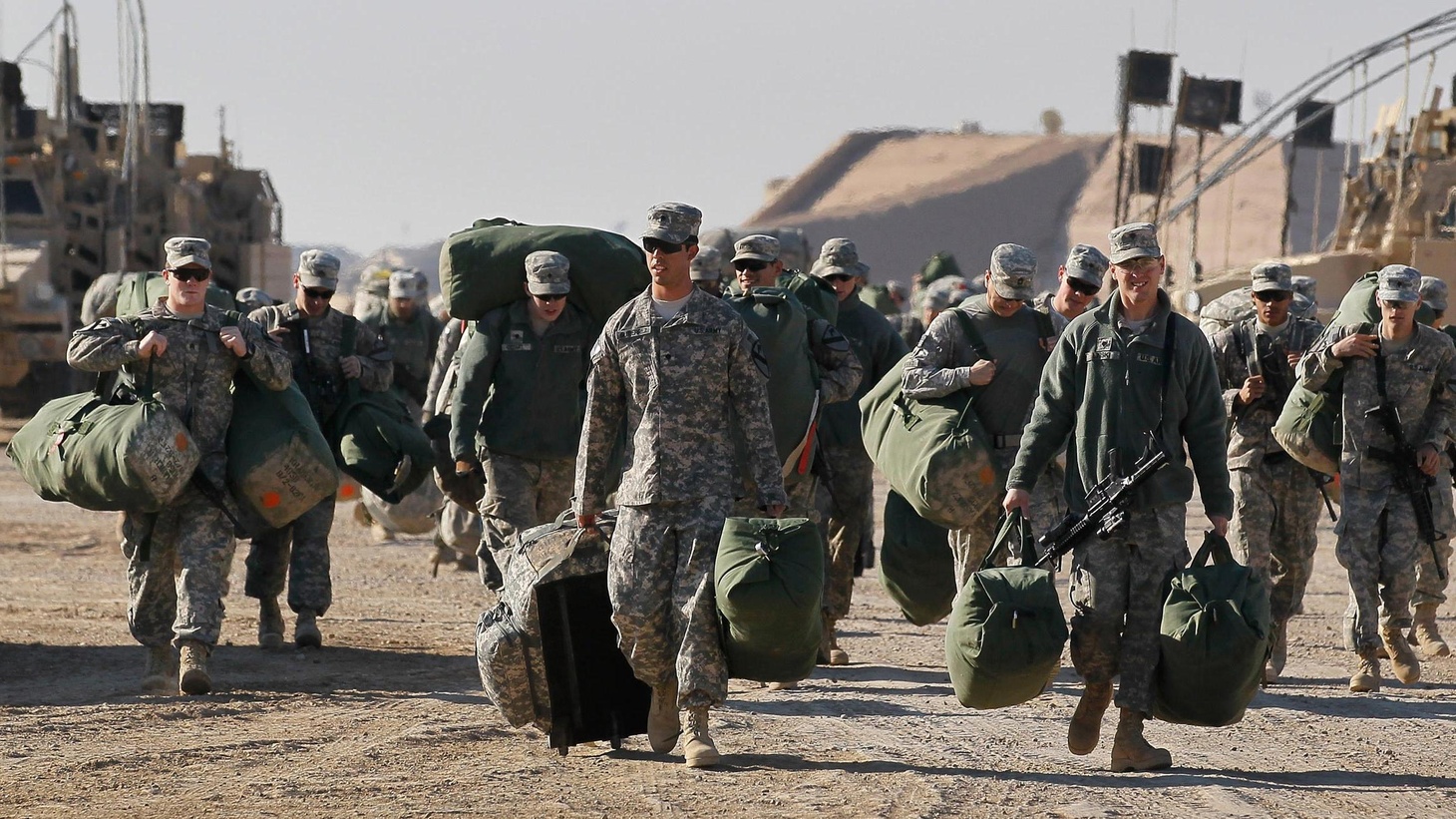
02.12.2020
01:01 PST
SF Bay Area, CA – Avidly, Intra-Afghan talks reveal major issues awaiting to be addressed in Afghanistan as NATO troops hang out to dry from the COVID-19 pandemic. Publicly, NATO Chief Yens Stoltenberg emphasized, "If we remain in Afghanistan, we will encounter increasing violence in a critical situation. But if we leave Afghanistan, we will lose the achievements we gained in the past two decades in the country. This is also important that we should not let Afghanistan change to a safe haven for terrorists." Essentially, Afghanistan and Taliban delegates are engaged in peace talks as NATO troops wedge between Daesh terrorist and the Taliban in response to the COVID-19 pandemic to shape the peace process.
DETAILS TO FOLLOW
 Daesh Beyond... Pakistan and Afghanistan Agree on Trade
Daesh Beyond... Pakistan and Afghanistan Agree on Trade 
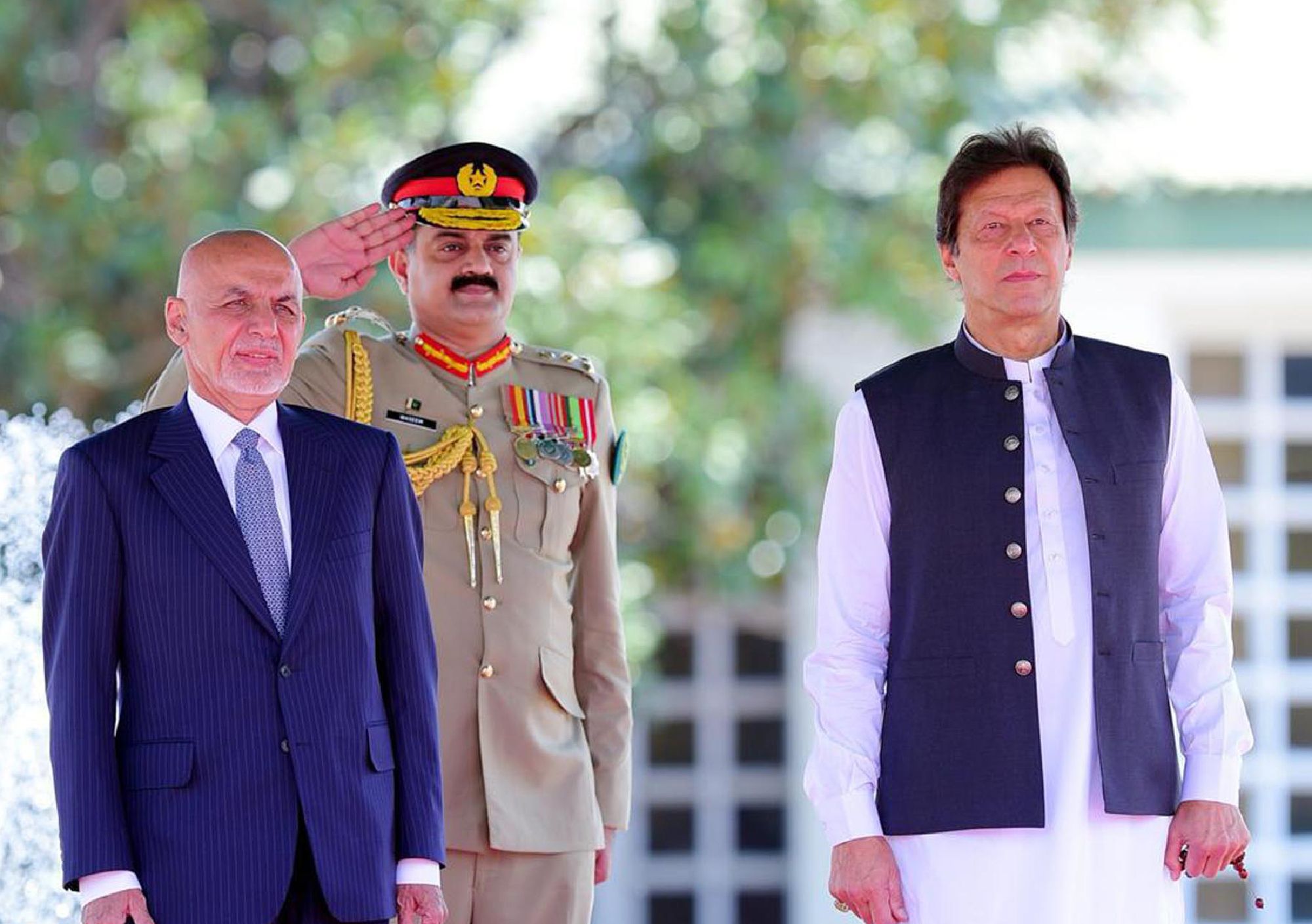
07.12.2020
01:37 PST
SF Bay Area, CA – Distantly, the peace process in Afghanistan is overshadowed by local ties with Daesh in remote locations to pressure Afghan government officials into long-lasting Western ties. Adversely, absence of local media from Afghanistan weighs in prolonged resolve to intra-Afghan peace talks. Furthermore, political relations in the region escalate tensions between the US and Taliban as Afghanistan reaches a trade agreement with Pakistan. Particularly, relations between Pakistan and Afghanistan signal added resistance to the Taliban as Daesh terrorist follow US guidance. Additionally, the recently reached Afghan-Pakistan preferential trade agreement exposes exports between the two nations to US scrutiny.
Openly, spokesperson for former Afghan president Aimal Faizi stated, "Pakistani military would never give up its policy of using terrorist groups as tool of foreign policy. It has strategic alliance with some particular terrorist groups and it supports them to wage war in Afghanistan."
DETAILS TO FOLLOW
[Top]

 |
"US attempts to salvage the European Order with new Oceania based military coalition" |
 |
 The Indian Corridor
The Indian Corridor 
 |
 |
 |
 |
 |
At the Heart
|
|
 |
|
 Bond Market Intensify Tensions in the Region
Bond Market Intensify Tensions in the Region 
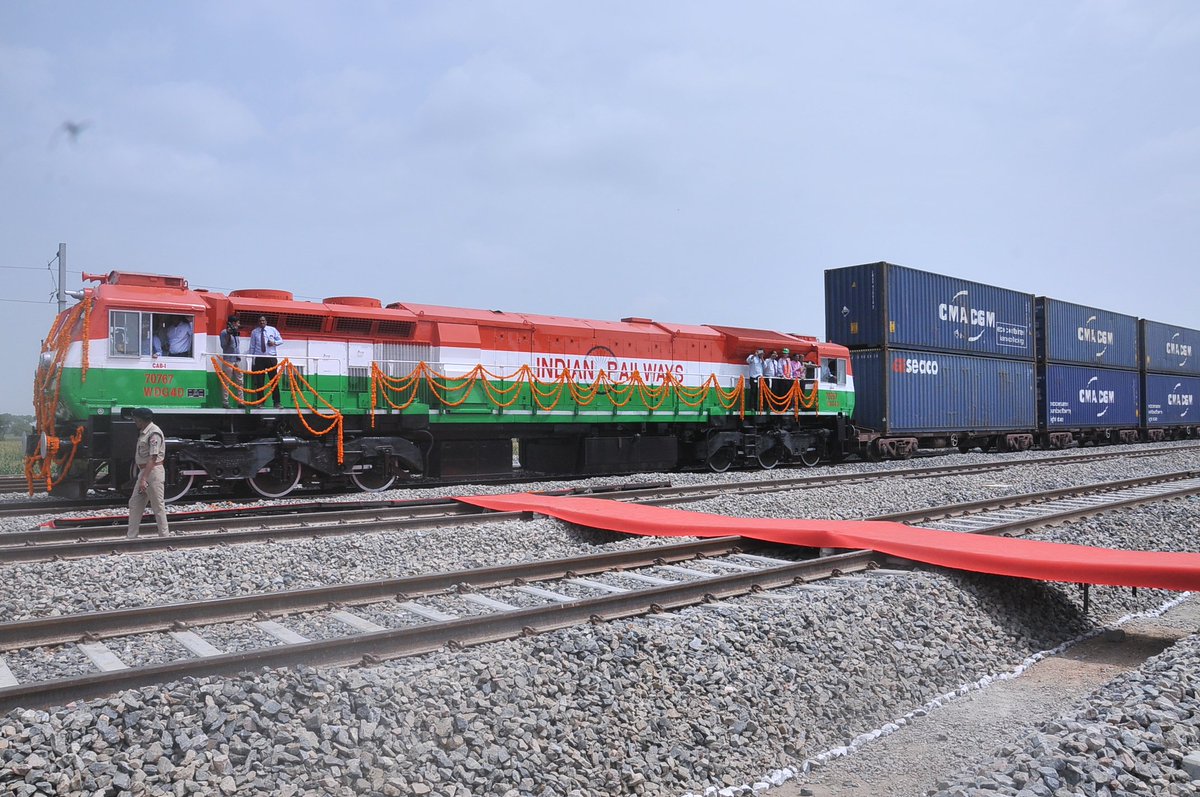
1.12.2020
20:33 PST
SF Bay Area, CA – Economically, the Indian Corridor which significantly integrates India, Pakistan and Nepal has sustained a major setback from the ongoing COVID-19 pandemic. Intensely, the COVID-19 pandemic forced a 23.9% crash in India's GDP during the April-June quarter. Momentously, India has driven beyond the sudden panic as Western economies in the EU and US remain gripped over deteriorating socio-economic standards of living. Additionally, the market for US bonds in India is bleak as military tensions in the region escalate over US trade embargoes. Likewise, India's GDP in the July-September quarter improved from the recent crash with a drop of 7.5% while a safe haven from US bonds in gold take hold.
Progressively, India's GDP is returning to pre-COVID 19 levels which pressures the prospect of a longer economic easing period of recovery in the US. Accordingly, tensions over US trade embargoes in the region are paving the safe haven road away from US bonds as new international payment systems weigh.
Steadily, India's economy is rising from electricity costs, consumer goods, increased freight returns as well as auto sells. Globally, economic recovery efforts are shifting with the election of US President Joe Biden. Tolerantly, major bond holders in Asia remain steady with Euro bonds as the US-China trade war pressures economic stability in the Indian Corridor. Hence, India's GDP is expanding with resilience, diligence and patience as trade along the Indian Corridor emerges with US trade embargoes. Meanwhile, ongoing efforts to alleviate terrorism in the region have intensified from recent commemorations of World War 2 which hollows new groundwork for prudent monetary policies.
 New FTAs Secure Bid for Digital Currency
New FTAs Secure Bid for Digital Currency 
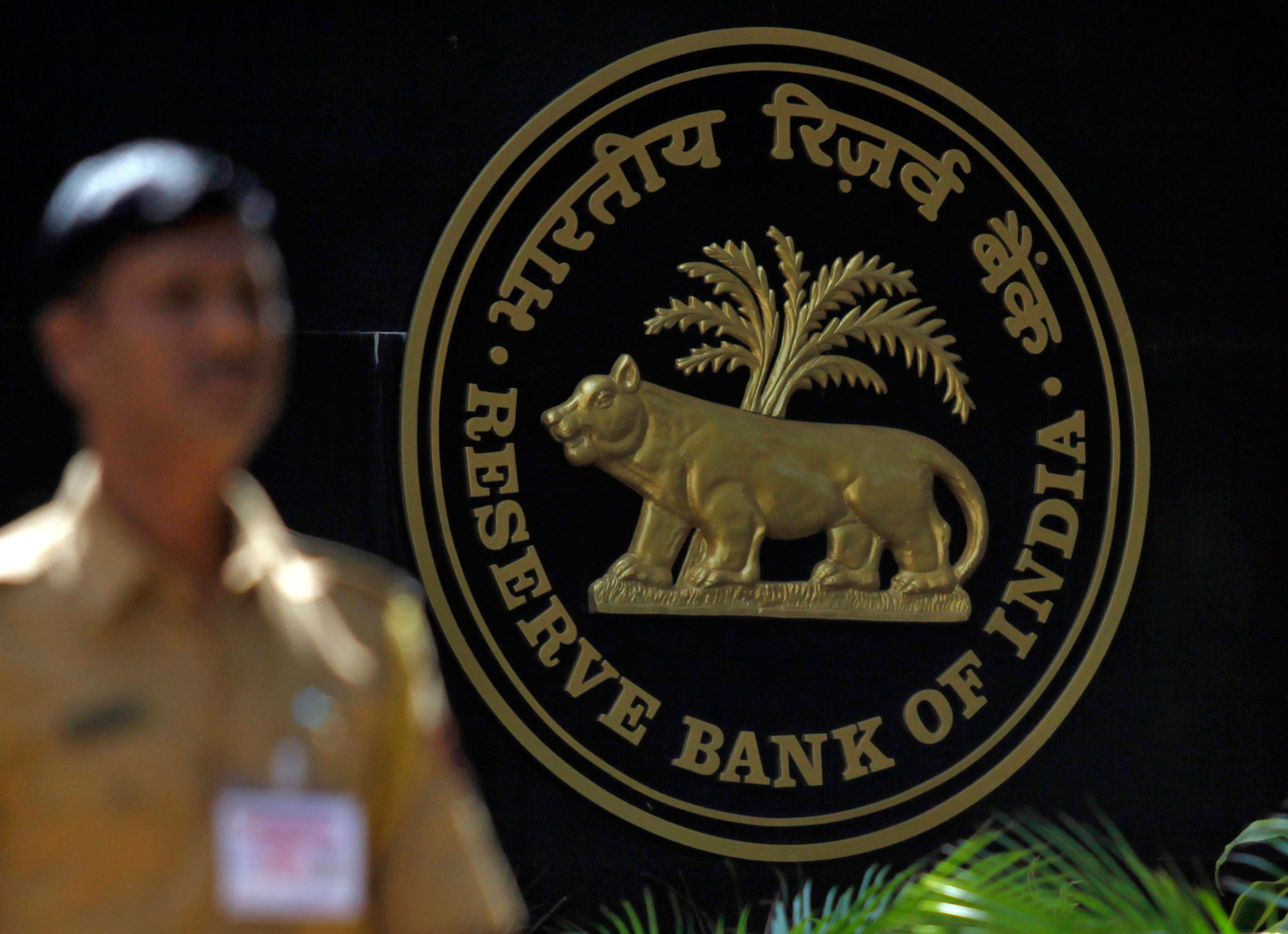
01.12.2020
22:40 PST
SF Bay Area, CA – Politically, the Indian Corridor is shifting gears as the recent elections in Jammu and Kashmir eases pressure over in the loop trade agreements. Particularly, the new elections in Jammu and Kashmir is a major step towards surpassing its former itinerant status as the 8-round process is overshadowed in demand for new free trade agreements for the region. Tentatively, newly elected officials in Jammu and Kashmir will engage in trade talks which may ignite the bid for digital currency. Moreover, India is keeping prudent distance from disturbing the election process while initiating new trade agreements in expanding economies of scale.
Effectively, India's Commerce and Industry Minister Piyush Goyal is prompting FTAs with ASEAN nations to stabilize India's growing economy. Regionally, the Indian Corridor is prepared for a shift towards using digital currency from building transparent business systems with ample trading mechanisms.
Appropriately, Minister Piyush Goyal said, "I believe, per se FTAs are not bad, FTAs are good for the nation and we must look to leverage FTAs with counties with whom you have transparent trading mechanisms, who are working with transparent business systems and with whom you (Indian industry) can engage from a position of strength for certain products where you are looking at market access in those countries." Steadily, the development of high-speed railroad networks in the Indian Corridor provide additional weight for future expansion of digital currency from prudent FTAs. Fluently, India's role in Jammu and Kashmir is a major pretense for regional economic expansion as development of infrastructure initiate new FTAs.




